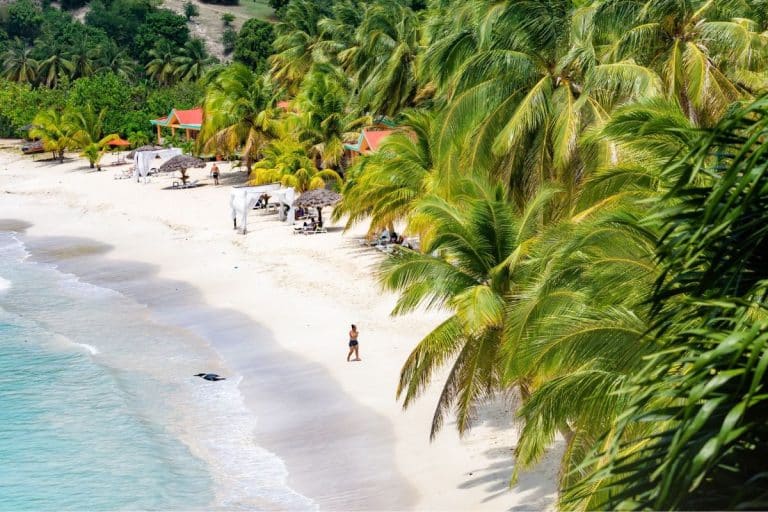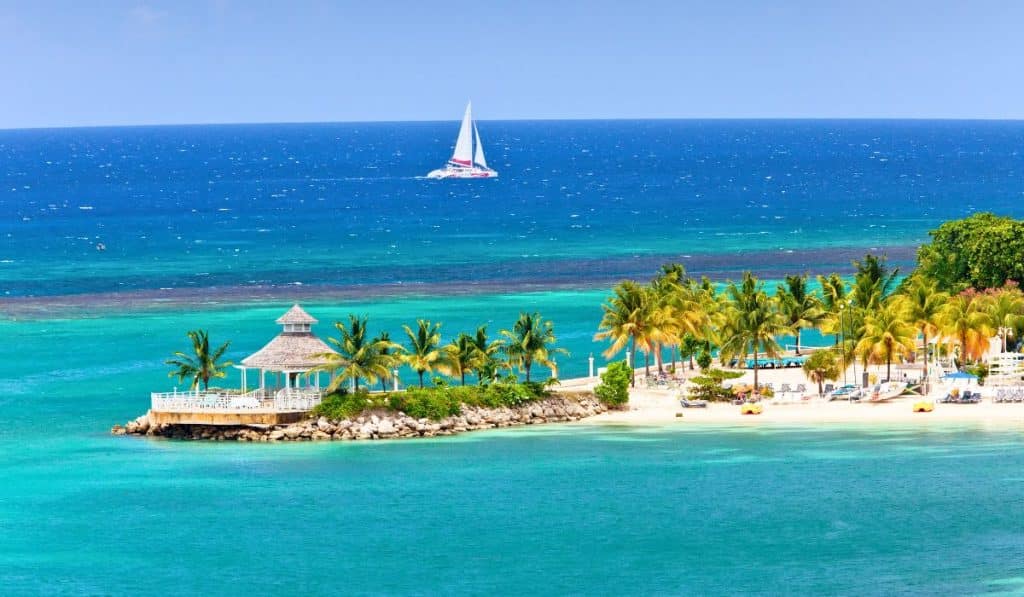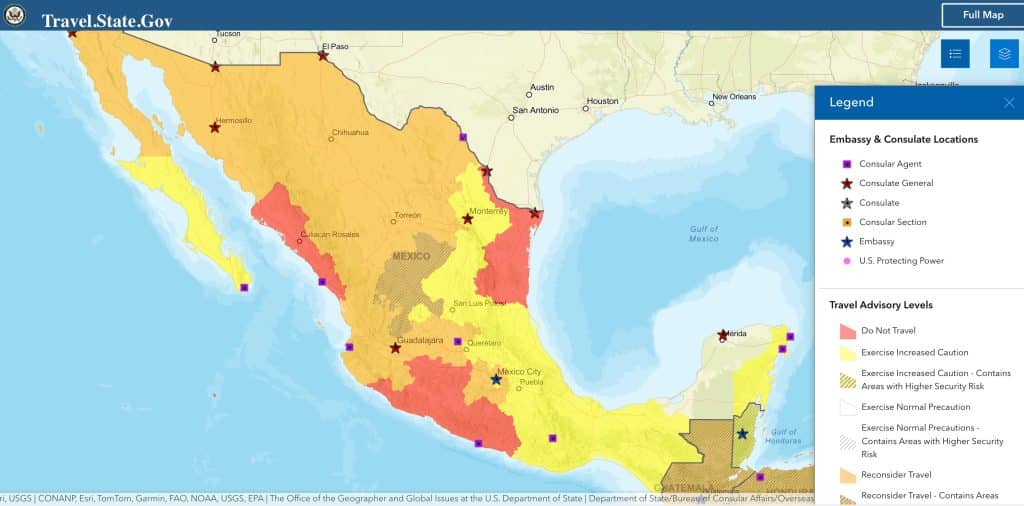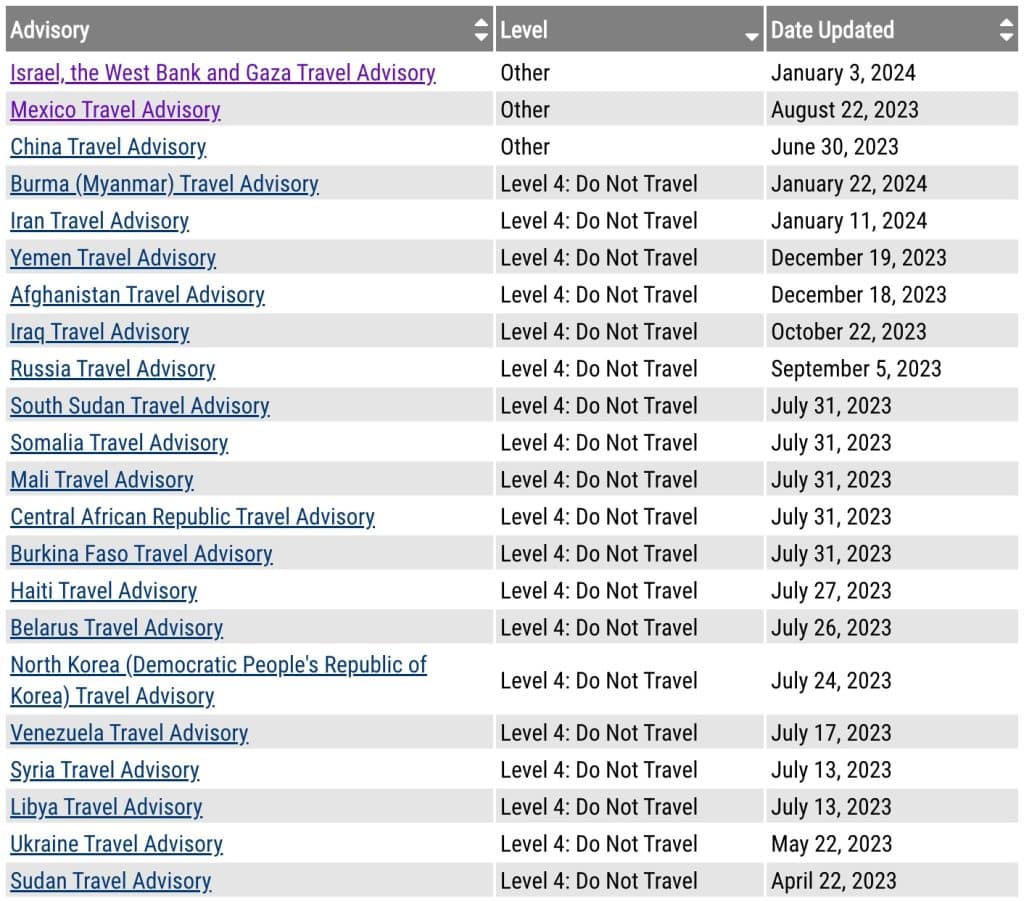The U.S. Department of State continually updates its travel advisories for more than 200 countries around the world based on a range of risk indicators, including health, terrorism, and civil instability. Level 1 travel advisories recommend taking ordinary precautions, while Level 4 advisories discourage travel.
These are the countries the U.S. State Department advises not to go to in 2024:
Haiti
Kidnappings, crime, and civil unrest are the greatest risk factors in Haiti, a country bordering the Dominican Republic in the Caribbean Sea. Due to natural disasters, and economic and social instability, the country is experiencing chronic poverty.
In October 2022, the prime minister requested international security forces to crack down on gang violence, suggesting that the entire country is under threat. Travel advisories say U.S. citizens to leave Haiti immediately because of existing security, health, and infrastructure problems.
Some areas of Ecuador
The U.S. State Department’s travel advisory for Ecuador, updated on February 2, 2024, advises increased caution due to civil unrest, crime, and kidnapping. Specific areas with heightened risk include:
Do Not Travel areas:
- Guayaquil, south of Portete de Tarquí Avenue
- Cities of Huaquillas and Arenillas in El Oro
- Cities of Quevedo, Quinsaloma, and Pueblo Viejo in Los Rios
- Canton of Duran in Guayas
- Esmeraldas city and areas north in Esmeraldas province
Some areas of Jamaica
The U.S. State Department issued a Level 3 travel advisory for Jamaica due to crime, advising travelers to reconsider travel.
The advisory highlights concerns about violent crimes like home invasions, armed robberies, and sexual assaults, even at all-inclusive resorts.
Specific areas prohibited for U.S. government personnel and advised against for travelers include parts of:
- Kingston, St. Andrew
- St. Catherine,
- Clarendon,
- St. James (Montego Bay),
- Hanover,
- Westmoreland,
- St. Ann,
- St. Elizabeth,
- Manchester,
- St. Thomas, and Trelawny.
Some areas of Mexico
The U.S. State Department’s travel advisory for Mexico, updated on August 22, 2023, highlights widespread violent crimes like homicide, kidnapping, carjacking, and robbery. Travel restrictions for U.S. government employees reflect the severity of risks in certain areas.
Do Not Travel to:
- Colima
- Guerrero
- Michoacán
- Sinaloa
- Tamaulipas
- Zacatecas
Myanmar (Formerly Burma)

The main reasons for avoiding travel to this Southeast Asian country are armed conflict and civil unrest triggered by a military coup in early 2021. Other risk factors include COVID-19 restrictions, limited medical care, unlawful detentions, and areas with land mines and unexploded ordnance.
Gaza
The Gaza Strip, which shares borders with Israel and Egypt, is largely under the control of Hamas, a foreign terrorist organization designated as such by the State Department. Terrorism, civil unrest, and armed conflict are the main risk factors, and there is always the possibility of sporadic mortar or rocket fire and corresponding Israeli military responses, as per the advisory.
Burkina Faso
This West African nation is facing issues such as terrorism, and kidnapping. A state of Emergency is in place in the East and Sahel regions, and terrorist attacks might strike hotels, restaurants, and schools with little warning.
Central African Republic
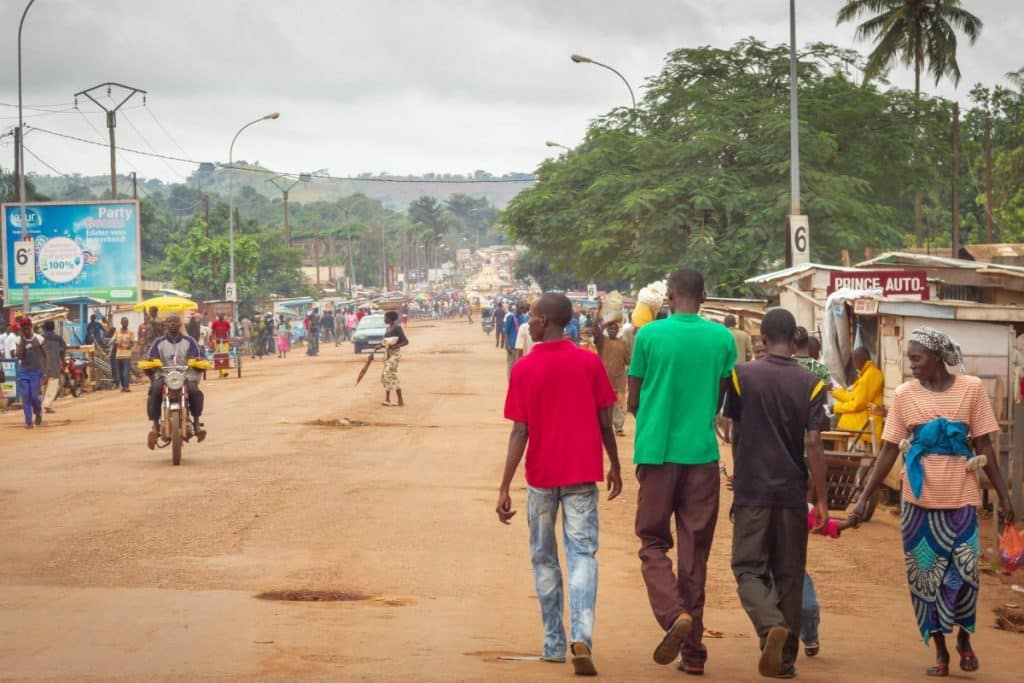
Although there have been no reports of targeted violence or crimes against U.S. citizens, violent crimes and unexpected road and border closures are commonplace. The embassy’s ability to assist U.S. citizens is limited due to factors such as crime, civil unrest, and kidnappings, as stated in the advisory.
Iran
All travelers face the risk of kidnapping and unlawful detention, but U.S. citizens are particularly vulnerable to arbitrary arrest and detention. Iranian-Americans, including students, journalists, and business travelers, have been arrested on charges of espionage and endangering national security.
Afghanistan
According to the State Department, a Central Asian country is dealing with various issues, including armed conflict, civil unrest, crime, terrorism, and kidnapping, which put U.S. citizens at risk of violence or abduction. Additionally, the Taliban’s control is leading to the disappearance of women’s rights. The government has also reinstated public floggings and executions. In August 2021, the U.S. Embassy in Kabul stopped operating.
Belarus
Belarus, which shares a border with Russia, is known for its arbitrary law enforcement, risk of detention, and presence of Russian military forces. This and Russia’s military activities in Ukraine have raised concerns. In February 2022, the U.S. Embassy in Minsk ceased operations.
Mali
Crime, terrorism, and kidnappings are commonplace in this landlocked West African nation after the military takeover in 2020. U.S. government non-emergency personnel and their families were told to leave the country in July 2022 because of an increased risk of terrorist activity.
Libya
Since the end of its regime more than a decade ago, Libya has been torn by internal strife between armed groups in the East and West. Risk factors include crime, terrorism, kidnappings, civil instability, and armed warfare. American citizens have been kidnapped for ransom, and terrorists have targeted Westerners’ most popular hotels and airports. In 2014, the U.S. Embassy in Tripoli ceased operations.
The rest of the Level 4 ‘DO NOT TRAVEL’ countries from the U.S. Department of State official website:
- Russia
- Ukraine
- Yemen
- Iraq
- Afghanistan
- Somalia
- North Korea
- Venezuela
- South Sudan
- Sudan
- Syria

